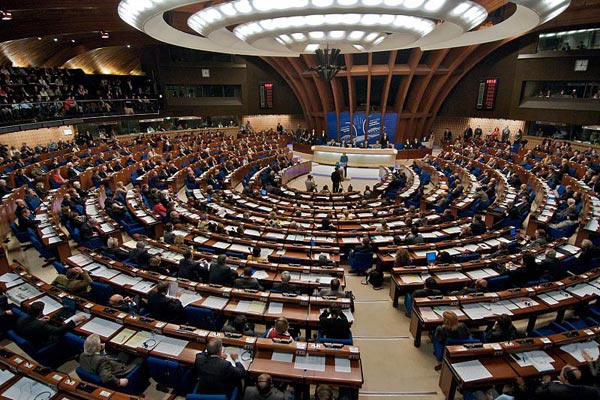Responding to allegations of corruption in its ranks, the Parliamentary Assembly of the Council of Europe has unanimously adopted a heavily revised Code of Conduct for its members, with the aim of “restoring public confidence” in its work.
Approving a report by Ian Liddell-Grainger (United Kingdom, EC), the Assembly said recent allegations of corruption risked causing “lasting damage” to its reputation and that a “sound and coherent integrity framework” was needed to prevent future corrupt behaviour.
The new rules provide for swift and fair investigations into alleged ethical breaches by members – including those revealed by outside sources – and stronger sanctions when wrongdoing takes place.
Members must now pledge not to “promise, give, request or accept” any fee, compensation or reward in the course of their duties, and must declare any interests at the opening of each session. To increase transparency, these declarations must now be posted online. There are also provisions to ensure that rapporteurs and election of observers declare any conflicts of interest.
The new framework – inspired by recommendations from the Council of Europe’s anti-corruption body GRECO – also foresees tighter restrictions on lobbyists, including the creation of a “transparency register”, and steps to ensure former members who engage in paid consultancy do not benefit from any special privileges.
PACE has already set up an independent, external investigation body to look into allegations of “corruption and fostering of interests” made against some of its members and former members, which is expected to report by the end of 2017.





















































